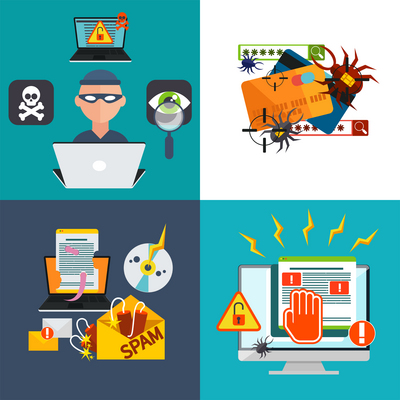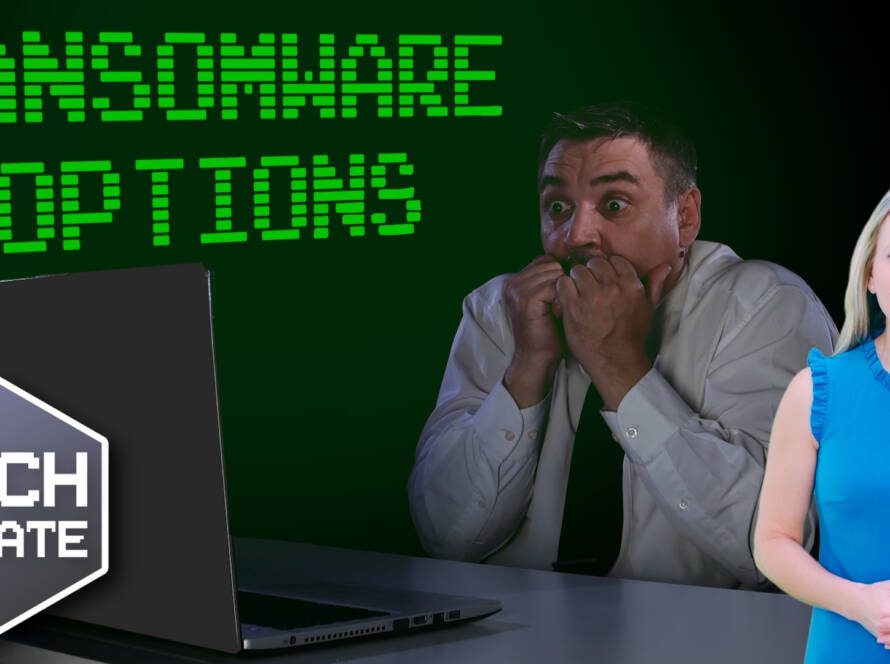 The Internet is a great resource for us all. We use it to communicate via email or chat, we post and share photos and message with friends on social networking sites such as Facebook or Twitter, and we also use it to look up information almost instantly. Its uses and potential are endless.
The Internet is a great resource for us all. We use it to communicate via email or chat, we post and share photos and message with friends on social networking sites such as Facebook or Twitter, and we also use it to look up information almost instantly. Its uses and potential are endless.
We are able to connect to the Internet wherever we go: on our smartphone, at a local coffee shop, or an airport terminal with free WiFi hotspots. However, this convenience can be detrimental to our privacy if we become careless with how we manage our personal information and online activities. It leaves us vulnerable to identity theft and invasion of our privacy. When we visit web pages or log into our web mail or Facebook accounts, we leave behind digital footprints called cookies that can be tracked and traced back to us.
Additionally, the use of public WiFi networks can leave us vulnerable to hackers snooping around our private information and trying to steal sensitive information like credit card numbers or bank account numbers. This is primarily due to the fact that it is a public network and the information that we transmit over them is unsecured.
Here are some eye opening facts on identity theft that we should all consider:
- 13.1 million U.S. adults were victims of identity theft in 2013
- The average cost of identity theft in 2013 totaled $18 million
This information was from Javelin Strategy & Research’s “2014 Identity Fraud Report.”
Next you may be thinking, “Okay… so how do I protect myself online?”
The fact is that we’re not going to be able to have complete control over who is watching our activities online. But we can use the following steps to reduce our risks. The more educated we are on the tools and methods available, the more we are able to reduce the risk of identity theft, fraud, and spam.
- Assess your online activities
- What type information do you store on your computer?
- What do you transmit over the Internet?
- What are the consequences if this information is compromised?
- Install and update your anti-virus software
- There are many free versions of anti-virus, but I would not recommend them because “you get what you pay for.” Ensure that your virus definitions are updated regularly. In addition to updates, it’s also wise to perform a complete system scan on a regular basis.
- Use a VPN (Virtual Private Network)
- VPNs allow you to create a secure tunnel on the Internet for you to share information. This information is encrypted as it traverses the Internet and it is virtually impossible for hackers to eavesdrop on your information.
- Change your passwords regularly
- Personally, I use a 3-month timer to change my passwords for all my online accounts. While some may see this as extreme, I care about my privacy and the importance of my data.
- Use strong passwords
- This is the key to your online data. Keep it secure and in a safe place. It is recommended to use passwords with over 16 characters and it should contain uppercase and lowercase letters, numbers, and special characters. Try not to use words from the dictionary. Use a password generator to make something complex.
- Clear your tracking cookies
- These are the digital fingerprints that I mentioned earlier. These cookies contain information about the websites you visit and it can also log other things like usernames and time stamps of when you visited that site. For convenience, some web browsers give you the option to purge this data when you exit the application.
(Image Source: iCLIPART)



